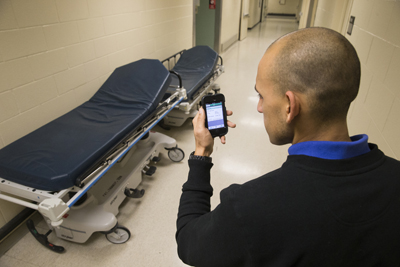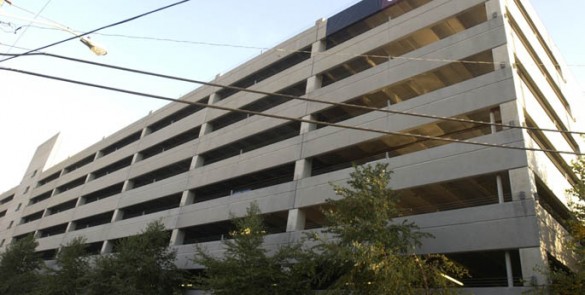Vanderbilt University Medical Center’s plan for an automated system that would include a daily charge for patient and visitor parking on the Medical Center’s 21st Avenue campus, in the Central, East and South Garages, remains under consideration but the launch date for the new system is being postponed.
“We are managing through a period of intense operational change as the Medical Center rapidly redesigns programs and processes through Evolve to Excel,” said Jeff Balser, M.D., Ph.D., vice chancellor for Health Affairs and dean of the School of Medicine.
“These efforts are requiring tremendous focus and energy from our faculty and staff throughout VUMC. We will revisit implementation of a new parking system after we take additional time to assure we can provide the most effective accommodations for everyone using our facilities. We want to be entirely responsive to the needs and concerns of our patients and their families.”
In association with efforts at VUMC and nationwide to disaggregate and make evident the various costs associated with health care services, a new parking system will help recapture a significant portion of the Medical Center’s annual cost associated with maintaining indoor parking facilities. Virtually all other academic medical centers in the Southeast and across the nation now utilize similar systems with daily charges. An automated parking system would provide $8 million per year, significantly contributing to the Medical Center’s core missions of teaching, research and patient care.
“But universal access is a core principle at VUMC — it is embedded in our DNA,” said Balser, noting the complex circumstances surrounding patient access must be addressed in a holistic manner through a future parking policy.
For example, a new policy must make allowances for patients and family members for whom a daily charge would represent a financial challenge. In addition, discounted rates would be provided for patients and family members who visit the Medical Center frequently over long periods of time, either for inpatient or outpatient care.















